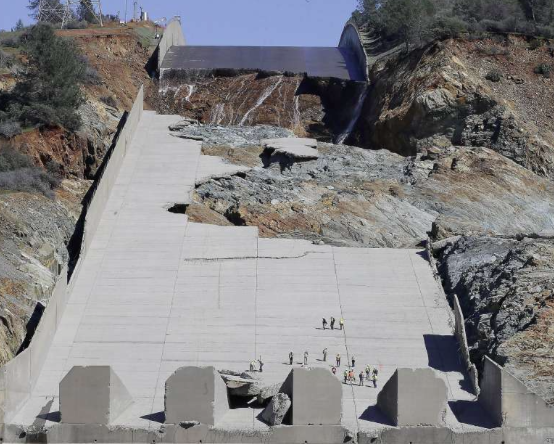I work in a very large industrial company that shall be unnamed. When I joined, I had no idea what I was getting into and what lengths they go to make sure everyone is “safe”. During my introduction, I noticed people are always talking about safety being number one above all else. I didn’t think much more about it till I sat at my desk. As I am beginning to log in, suddenly a bunch of people who I’ve never met start commenting on my hand and back posture while sitting at my desk. Essentially they say that I should improve it and gave me 15 minute session on how to sit right. A little ridiculous but whatever. That was last week Friday.
This Friday, I literally had multiple training sessions on how to hold the mouse, various people with tape measures sneaking around like Solid Snake making sure others and I were at a 90 degree angle. Worst of all of this, which I could maybe handle, was computer usage time. You would do some work and after like 2 hours a giant popup shows up and the screen and freezes your PC and asks you to do some stretches. That day may have been something special or the higher ups may be messing with me, because it showed up at least 4-5 times in a single hour and was super frustrating as I am devops and the system is partially broken as I am forced to touch my toes. I understand this is all for making the workplace better, but I sit at a computer not operating a large machine.
Those who don't follow these rules get disciplined very consistently. I don't really want to leave this company as I am a bit older and finding new work in the tech business is rather difficult for me.
I want assurance that this isn’t some fad that has shown up in the previous few years. I was at my previous company for over 12 years so I don’t know what has changed. Is this something that has taken over engineering or is it purely unique for me and if it is unique to me?

